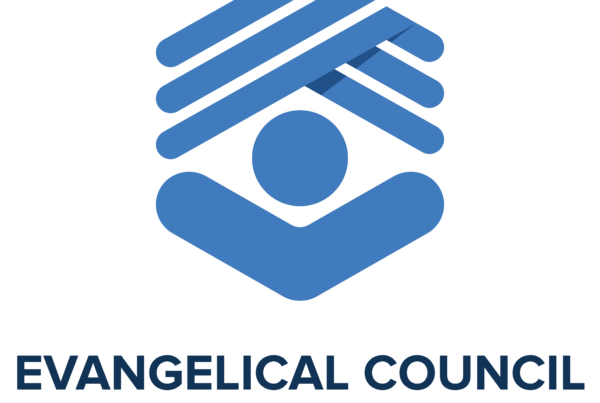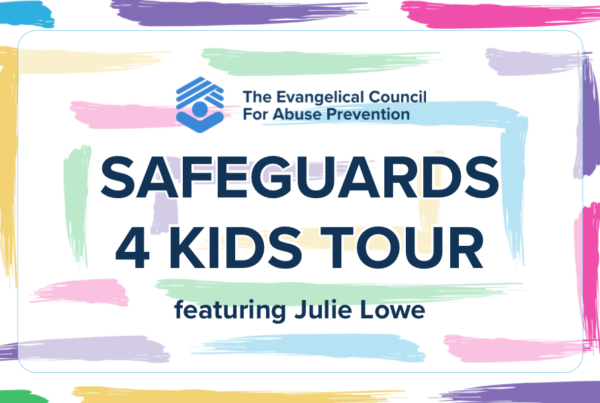What does it look like to speak up for the voiceless? Many Christians rightly support causes related to pre-born life or those with little to no economic power. But there is another community that is just as voiceless: children with disabilities.
According to Child Welfare, children with disabilities are at least three times more likely to be abused or neglected than their peers without disabilities. These individuals make up about 5.2% of the school-age population, but accounted for 14% of abuse cases in 2015. Children with disabilities also make up about one third of children in the foster care system. NALA (National Association of Legal Assistants) reports that as many as 70% of individuals with developmental disabilities in group homes have been neglected, assaulted, or otherwise physically or sexually abused. Disability Justice reports that these children also tend to be abused more frequently for longer periods of time, are more likely to be abused by a caregiver and stay in abusive situations, and are less likely to have access to the justice system. These kids, by virtue of their disabilities, are some of the most vulnerable in our communities. Extra measures must be taken in order to keep these kids safe from harm, so they can flourish using their God-given abilities.
According to IDEA (Individuals With Disabilities Education Act), “the term ‘child with a disability’ means a child (1) with intellectual disabilities, hearing impairments (including deafness), speech or language impairments, visual impairments (including blindness), serious emotional disturbance (referred to in this chapter as ‘emotional disturbance’), orthopedic impairments, autism, traumatic brain injury, other health impairments, or specific learning disabilities and (2) who, by reason thereof, needs special education and related services.” These children and their families face particular societal risk factors that may increase the risk of abuse, such as isolation, discrimination, and lack of social support. There may also be other characteristics that increase the likelihood of abuse, such as poverty, stress, family dysfunction, or behavioral problems impacted by the child’s disability. Children with special needs are also more likely to rely on a small circle of adults for their care, which may increase the risk of abuse or neglect. Some disabilities even affect a child’s ability to speak, hear or understand social situations, which may expose them to risk of sexual abuse by a predatory adult.
Because many of these risk factors are in place, additional protective measures must be instituted in order to ensure the safety of this population of image-bearers who are a valuable part of our churches, schools, camps, and other Christian organizations. The first step toward keeping these children safe is to institute child protection policies and procedures that align with ECAP Standards. But what else can be done to provide for the safety of these children?
Encourage Family Support
As Christians, we have a unique perspective on the role of the family in supporting and shaping the lives of their children. Churches and Christian ministries should take extra care to provide for the needs of these families as they can. Babysitting, grocery shopping, counseling, respite care and support groups can all help alleviate stress for these families as they parent their special needs children. This is especially true of families fostering and adopting children with disabilities.
Encourage Community Support
Ministry leaders can also see to it that the community over which they are responsible is on the lookout to prevent abuse and provide for the inclusion of these individuals and families. While we should always seek to help children avoid risky situations, this is especially true of children with disabilities. You may also need to consider special provisions for these children to participate in your ministry’s programming, such as assigning special helpers, allowing for nurses and therapists to tag along with safety in mind, or keeping their presence in mind when you plan activities. In student environments, adults should also be especially aware of the potential for bullying and ostracizing, and should be trained on how to handle it when they see it. Ministry leaders can encourage awareness of the presence of these individuals, highlighting their status as image-bearers of Almighty God who deserve respect, dignity, and love. Scripture likens the church to the family of God, so the Christian community has a unique responsibility to look out for the well-being of our most vulnerable brothers and sisters.
Equip Children
We should equip children with basic abuse prevention principles, including the disabled community. While some children may not have the cognitive ability to perfectly express their thoughts like other kids do, we can still empower them with the tools to recognize, resist, and report abusive situations within their abilities. Ability-IMPACT has created a 10-video self-defense curriculum that teaches people with disabilities to recognize these situations and respond with self-protective behaviors. Christians would do well to equip special needs families with these principles so they can be safe.
Conclusion
It is incredibly sad that the most vulnerable among us have one of the highest rates of abuse in our society. Christians have a special responsibility to advocate for these individuals and see to it that they are protected. Proverbs 31:8-9 says, “Speak out on behalf of the voiceless and for the rights of all who are vulnerable. Speak out in order to judge with righteousness and to defend the needy and the poor.” What are you doing to speak out for the disabled voiceless that God has entrusted to you?





